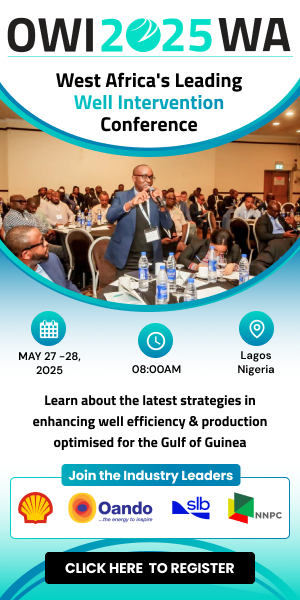Konexa, a UK-based energy developer and investor, along with Climate Fund Managers (CFM), a climate-focused investment manager, and Norfund, the Norwegian development finance institution, have entered into a Development Funding Agreement (DFA) to support the expansion of Konexa's renewable energy projects in Nigeria
The partnership will fund the creation of a solar photovoltaic (PV) plant and the enhancement of grid infrastructure to connect two Nigerian Breweries Plc (NBPlc) locations in Lagos and Enugu State to renewable energy.
This initiative will also facilitate the further rollout of Konexa's private renewable energy trading platform, which will benefit a broader base of commercial and industrial (C&I) clients while improving the distribution grids around their sites to provide power to wider communities. Once fully operational, the project is projected to reduce CO₂ emissions by around 30,000 tonnes annually, create 100 construction jobs, and provide 35 permanent employment opportunities.
The partners will collectively invest US$3.6mn, with CFM’s EU-supported Climate Investor One (CIO) financing 50%, while Norfund and Konexa will each contribute 25%. This initial investment is anticipated to unlock an additional US$80mn in investments for construction when financial closure occurs in the second half of 2025.
Scaling renewable energy process
Nigeria's energy sector has long faced a shortage of investment in renewable energy generation and grid infrastructure. As a result, many businesses rely on costly and polluting diesel and gas generators. In line with the government's Vision 30:30:30, which aims to have renewable energy comprise 30% of total electricity generation by 2030, this project represents a significant step toward improving Nigeria’s energy landscape.
Darron Johnson, regional head of Africa at Climate Fund Managers, stated, "This agreement is a key milestone in scaling the renewable energy platform we’ve established with Konexa. The EU’s initial backing helped mobilise private capital for the first project phase, and we expect Norfund’s catalytic funding to play a similar role in the upcoming stages. It showcases how blended finance can have large-scale impact in emerging markets like Nigeria, where reliable electricity access is still a major challenge."
Birgit Edlefsen, senior vice-president for renewable energy at Norfund, commented, "This partnership highlights Norfund’s commitment to scaling renewable energy infrastructure in Nigeria, contributing to sustainable, social, and economic progress. We view Konexa’s model as both innovative and impactful in addressing Nigeria’s sector challenges. We’re excited to collaborate with Konexa and CFM."
Pradeep Pursnani, CEO of Konexa, remarked, "We are thankful for CFM’s continued support and excited to welcome Norfund to our partnership. This agreement represents years of effort in building a scalable and bankable renewable energy model for Nigeria, with potential to replicate across Sub-Saharan Africa. With this funding, Konexa has now secured over US$100mn to scale our efforts and bring reliable, affordable power to the commercial sector, helping decarbonize and showcasing how the private sector can address Nigeria’s power challenges."
The project builds on an earlier US$18mn investment announced in March 2024, which was co-funded by CFM, the EU, and Microsoft’s Climate Innovation Fund. This phase initiated Konexa's renewable energy trading platform and supplied renewable energy to two NBPlc sites in Kaduna State. The upcoming phase will enhance grid and storage systems to fully support power delivery to these sites under the existing Power Purchase Agreement.






















